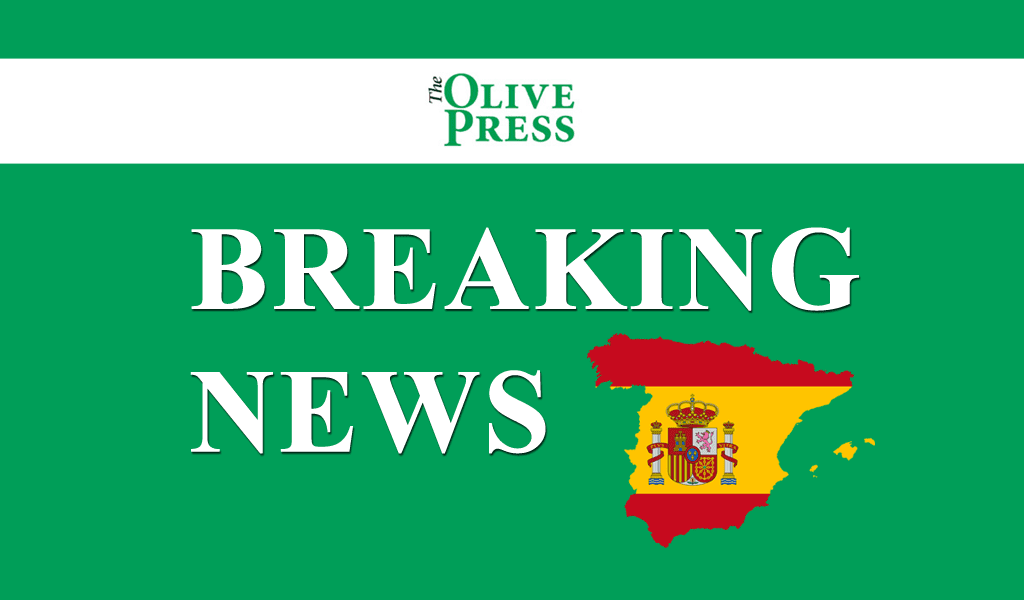SPAIN has entered a technical recession after registering two consecutive quarters of negative growth.
Between April and June, the country’s GDP dropped by a staggering 18.5%, the largest collapse of its kind since records began in 1970.
According to the National Statistics Institute, the second-largest ever drop in GDP was registered in the first quarter of this year, when it fell by 5.2%.
It is Spain’s third time facing a recession after entering one in the 2008 crisis and again in 2011, the latter of which it did not exit until 2013.
But it’s no surprise to economists given that the state of alarm, entered on June 21, practically froze almost every aspect of the economy.
In two weeks in April the whole country was paralysed, with only essential services allowed to work.
But the drop in GDP of 18.5% in the second quarter is greater than that of other big EU players.
Germany saw a 10.1% fall in the same period and France 13.8%.
Much of the damage to Spain’s economy has been a drop in household consumption of 21% between April and June.
Investment in the same period dropped by 22.3% while exports plummeted by 33.5% and imports by 28.8%.
Meanwhile employment, in terms of hours worked, fell by 21.4% in the second quarter compared to the first.
And compared to the second quarter of 2019, hours worked fell by 24.8%.
The number of full time jobs, meanwhile, fell by 18.5% in the second quarter of 2020, meaning a loss of almost 3.4 million jobs.
The third quarter is likely to look bleak given the failure of the vital tourism industry to recuperate its losses.
Tourism bosses had hoped to pick things back up in August but the adding of Spain to the UK’s quarantine list has thrown cold water on those plans.
The Costa del Sol was hoping to achieve a 40% occupancy rate in its hotels next month but that forecast will now be slashed, with scores of hotels deciding to close following a wave of British cancellations.
Click here to read more Spain News from The Olive Press.








